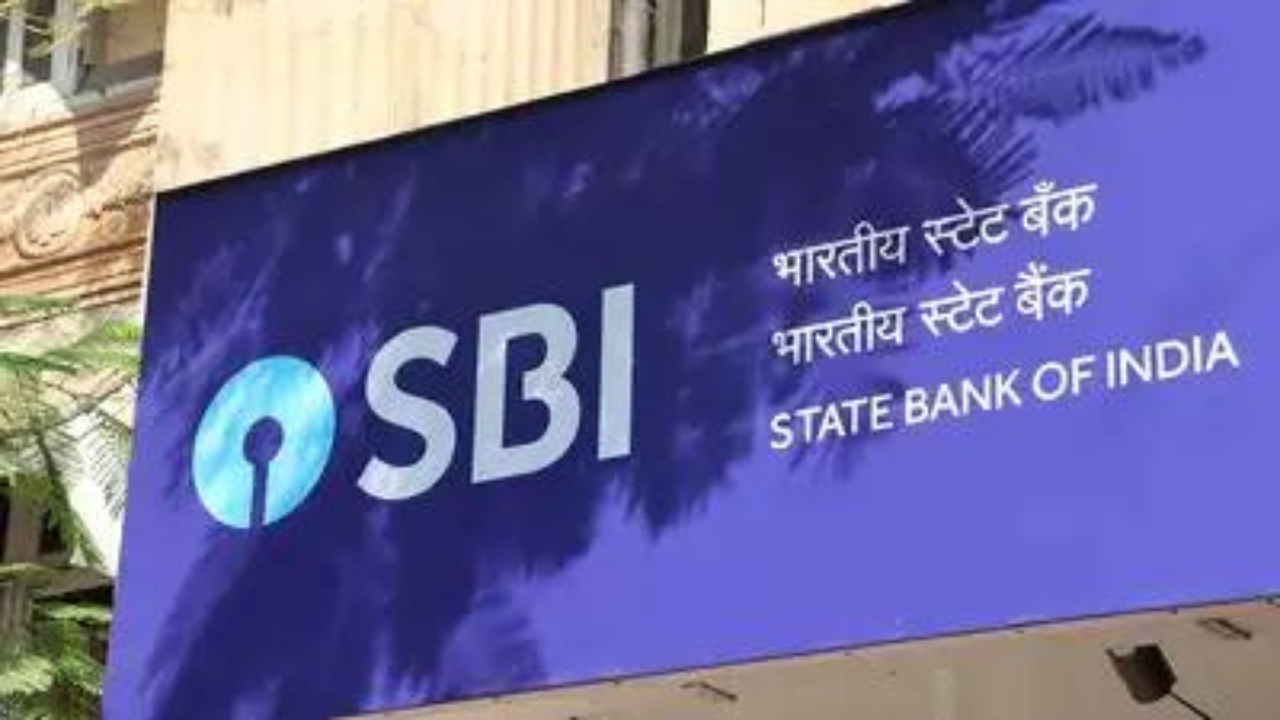[ad_1]
NEW DELHI: State Bank of India has refused to disclose the standard operating procedures (SOPs) issued to its authorised branches for sale and redemption of electoral bonds. In response to an RTI application, SBI has refused to share the information citing the “exemption” clause of the Right To Information Act. SBI has stated that the SOP was only meant for “internal circulation”.
Transparency activist Anjali Bhardwaj in her RTI application dated March 4 sought a copy of the SOPs issued by SBI related to electoral bonds since April 2017.
In its response dated March 30 (TOI has a copy), SBI has said, “SOPs of Electoral Bond Scheme-2018 issued to authorised branches from time to time are internal guidelines with regard to sale and redemption of electoral bonds (meant for internal circulation only), which is exempted under Section 8(1)(d) of The Right to Information Act, 2005.”
Section 8(1)(d) of the RTI Act states: “Information including commercial confidence, trade secrets or intellectual property, the disclosure of which would harm the competitive position of a third party, unless the competent authority is satisfied that larger public interest warrants the disclosure of such information.”
Not satisfied with the response Bhardwaj will be filing an appeal. Bhardwaj in a statement on Tuesday said “The SBI has blandly invoked the exemption clause without demonstrating how the disclosure would “harm the competitive position of a third party”. The denial will be challenged in appeal.
“Given the lack of clarity over the manner in which SBI recorded data on transactions through Electoral Bonds (EBs), a copy of the SOP was sought under the RTI Act,” Bhardwaj added in the statement.
“It is shocking to note that even after the Supreme Court has struck down the electoral bonds scheme as unconstitutional and has explicitly directed and ensured disclosure of all details of EBs purchased and redeemed, the SBI continues to deny important information about the operation of the electoral bonds scheme,” Bhardwaj asserted.
On why the SOP is crucial, Bhardwaj said that it would reveal the official instructions governing the particulars of information that were to be stored, and the form and manner in which information was to be maintained by SBI on the sale and redemption of EBs.
Transparency activist Anjali Bhardwaj in her RTI application dated March 4 sought a copy of the SOPs issued by SBI related to electoral bonds since April 2017.
In its response dated March 30 (TOI has a copy), SBI has said, “SOPs of Electoral Bond Scheme-2018 issued to authorised branches from time to time are internal guidelines with regard to sale and redemption of electoral bonds (meant for internal circulation only), which is exempted under Section 8(1)(d) of The Right to Information Act, 2005.”
Section 8(1)(d) of the RTI Act states: “Information including commercial confidence, trade secrets or intellectual property, the disclosure of which would harm the competitive position of a third party, unless the competent authority is satisfied that larger public interest warrants the disclosure of such information.”
Not satisfied with the response Bhardwaj will be filing an appeal. Bhardwaj in a statement on Tuesday said “The SBI has blandly invoked the exemption clause without demonstrating how the disclosure would “harm the competitive position of a third party”. The denial will be challenged in appeal.
“Given the lack of clarity over the manner in which SBI recorded data on transactions through Electoral Bonds (EBs), a copy of the SOP was sought under the RTI Act,” Bhardwaj added in the statement.
“It is shocking to note that even after the Supreme Court has struck down the electoral bonds scheme as unconstitutional and has explicitly directed and ensured disclosure of all details of EBs purchased and redeemed, the SBI continues to deny important information about the operation of the electoral bonds scheme,” Bhardwaj asserted.
On why the SOP is crucial, Bhardwaj said that it would reveal the official instructions governing the particulars of information that were to be stored, and the form and manner in which information was to be maintained by SBI on the sale and redemption of EBs.
[ad_2]
Source link


